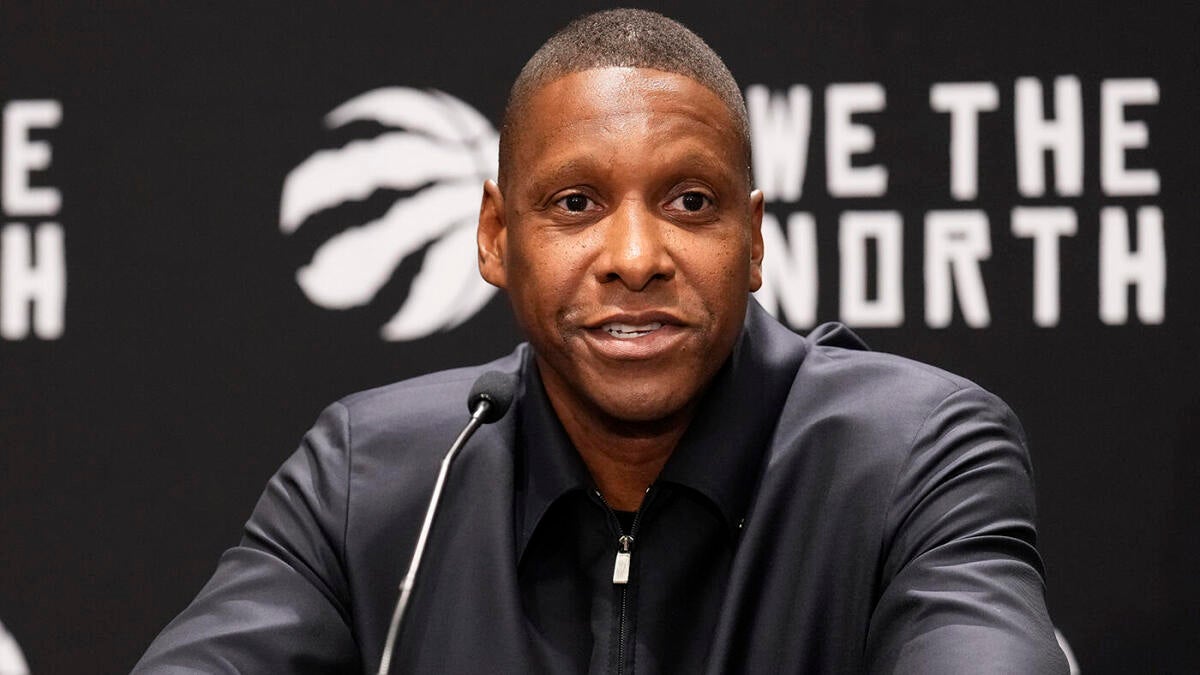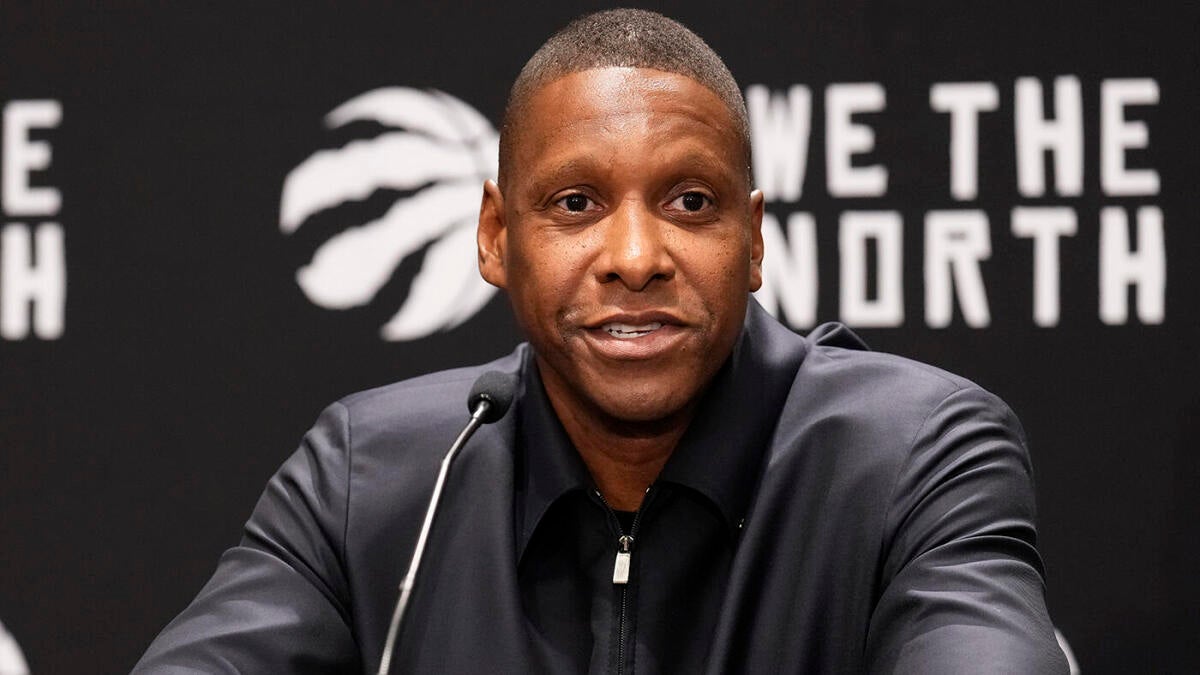Masai Ujiri’s departure from the Toronto Raptors marks a significant turning point for the franchise, one that has sparked widespread discussion and analysis within the NBA community. His tenure, spanning over a decade, was characterized by transformative leadership that propelled the Raptors from a middling team to a championship-winning organization. The abrupt nature of his dismissal, however, raises questions about the underlying factors and the broader implications for the team’s future.
A Legacy of Success and Innovation
Ujiri’s impact on the Raptors cannot be overstated. When he joined the franchise, the Raptors were often seen as an afterthought in the NBA, struggling to make significant playoff runs. Under his leadership, the team underwent a complete overhaul, both in terms of roster construction and organizational culture. His strategic vision was instrumental in assembling a roster that not only won the 2019 NBA Championship but also elevated the Raptors’ brand on a global scale.
One of Ujiri’s most notable achievements was his ability to identify and develop talent. His drafting acumen was evident in the selection of players like Pascal Siakam, who became a cornerstone of the championship team. Even in his final act with the Raptors, Ujiri demonstrated his commitment to the franchise’s future by selecting Collin Murray-Boyles in the 2025 NBA Draft. This move underscores his long-term thinking and dedication to sustaining the team’s competitiveness.
Beyond basketball, Ujiri’s leadership significantly enhanced the Raptors’ business value. The franchise’s worth quadrupled during his tenure, a testament to his ability to merge sports performance with commercial success. His influence extended beyond the court, making him a beloved figure in Toronto and a respected voice in the NBA.
The Complexities of Leadership Transitions
The timing of Ujiri’s departure is particularly noteworthy, as it occurred just one day after the conclusion of the 2025 NBA Draft. Reports suggest that Ujiri was aware of his impending exit but chose to lead the draft process nonetheless. This decision highlights the complexities of leadership transitions in professional sports, where personal and organizational dynamics often intersect.
Several factors are believed to have contributed to Ujiri’s dismissal. Organizational restructuring within Maple Leaf Sports & Entertainment (MLSE), the Raptors’ ownership group, may have played a role. The departure of other key executives and the subsequent reorganization could have marginalized Ujiri’s influence within the organization. Additionally, contractual and financial differences may have contributed to the decision. Ujiri was entering the final year of a lucrative contract reportedly worth around $15 million per season, and negotiations or disagreements over his role and compensation could have been a factor.
Philosophical differences between Ujiri and MLSE leadership are also speculated to have played a part. As the franchise looks to navigate the post-championship era, differing visions for the team’s future may have emerged. Furthermore, Ujiri’s public profile and leverage within the league could have contributed to the decision. While his visibility and influence were assets, they may have also raised concerns within ownership ranks.
The Path Forward for the Raptors
With Ujiri’s departure, the Raptors face a critical juncture in their organizational strategy. The selection of a new president and leadership team will be pivotal in shaping the franchise’s immediate future. Key considerations include succession planning, talent acquisition, cultural influence, and fan relations.
Promoting or hiring a competent executive who can maintain continuity while innovating will be paramount. The promotion of General Manager Bobby Webster to a lead role may indicate internal grooming of new leadership. Maintaining the strong draft record and scouting regimen established under Ujiri will be essential to sustaining on-court competitiveness. Additionally, retaining the unique connection with the city that Ujiri cultivated will be a challenge for new leadership.
Fan and stakeholder relations will also be a priority. Ujiri’s departure sparked mixed reactions, including fan outrage and calls for transparency. Managing public relations and rebuilding trust will be an immediate task for MLSE. The organization must navigate these challenges while honoring Ujiri’s legacy and forging a new path forward.
Broader Implications for Sports Management
The Masai Ujiri case highlights several broader themes in modern sports management. Success does not guarantee longevity, as even executives with championship pedigree can face departure amid shifting ownership priorities and internal politics. Leadership transitions are inevitable and delicate, and their handling can impact team morale and public perception. The Raptors’ move right after the draft raises questions about communication and timing.
Balancing business and basketball priorities is another critical consideration. Ownership groups may prioritize financial or strategic goals differently than sports executives, leading to conflicts. The power of public profile is also evident, as executives increasingly become public figures with influence beyond the court. This visibility can be double-edged, attracting both leverage and suspicion.
Conclusion: Honoring the Past, Embracing the Future
Masai Ujiri’s exit marks the close of one of the most successful chapters in Raptors history. His ability to craft a winning team and elevate Toronto’s basketball stature is unquestioned. Yet, the nature and timing of his departure reflect the complexities inherent in sports leadership, where results, relationships, and organizational alignment must coexist.
For the Raptors, the challenge now lies in capitalizing on the strong foundation Ujiri built while embracing fresh leadership that can navigate the evolving landscape of the NBA. Fans and stakeholders will watch closely to see how the franchise balances honoring its past triumphs with forging a vibrant future. This transition, though jarring, could serve as a catalyst for renewed innovation and growth as Toronto aims to recapture its status among the league’s elite. The Raptors’ journey forward will be shaped by their ability to learn from the past while embracing the opportunities and challenges of the future.












